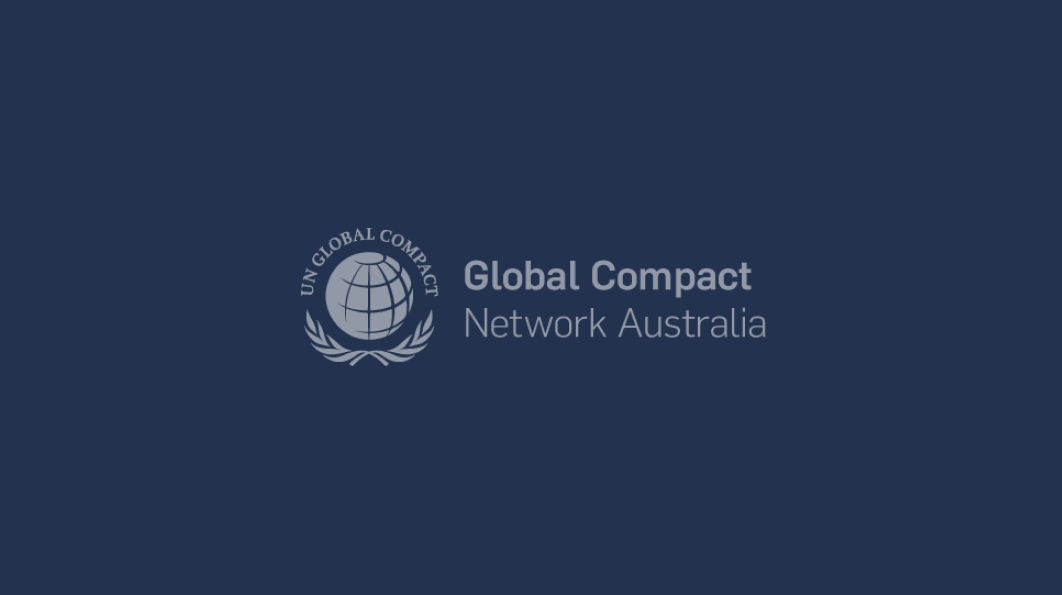
News, Sustainable Development Goals
Credible sustainability standards can benefit business and scale contributions to the SDGs
UN Global Compact Network Australia | February 15, 2017
The Sustainable Development Goals (SDGs) provide a holistic framework for businesses to approach a range of sustainability issues, from poverty and inequality, to climate change. A recent report from WWF and ISEAL highlights the role that credible sustainability standards and certifications can play for businesses looking to drive progress on the SDGs and deliver on business opportunities.
Embedding the SDGs at the company level is crucial, but WWF and ISEAL argue that wide-spread adoption of sustainability standards can transform entire sectors and supply chains, by providing a mechanism to scale and accelerate private sector contributions to the 2030 Agenda.
Standards offer businesses ready-made tools and encourage the adoption of tried and tested approaches to sustainability issues. Companies adopting credible standards are receiving a number of business benefits including: concrete sustainability measures; enhanced reporting capabilities; an increase in efficiency; and strengthened business relationships throughout value chains.
“Making decisions about which sustainable product or service is best can be very time consuming and confusing,” said Kate Harris, CEO of Good Environmental Choice Australia (GECA). “Third-party certification makes it simple, saving your business time and money – but even more importantly, you know that your business is engaging in best practice procurement for people and planet every time.”
The report also notes that many businesses have found the adoption of sustainability standards has led to an increase in productivity. For example, farmers following credible sustainability standards are noting a marked income increase due to productivity and quality improvements.
Fairtrade Australia’s CEO, Molly Harriss Olson said “Independent certification against transparent standards is the difference between companies delivering real measurable impact on their values to achieve the SDGs; and wishful good intentions. As one such certification standard, Fairtrade supports companies to build strong and sustainable supply chains and deliver impact to communities around the world.”
What’s more, standards can help mainstream an understanding of sustainability issues facing businesses and encourage all actors, through collaborative action, to progress towards common goals. A KPMG study of cotton and cocoa smallholder livelihoods found that a range of certifications also contributed to higher education and training, improved working conditions, a reduction in child labour, and gender equality.
Sustainability standards can also help businesses translate concepts into specific measures, and assist in setting and measuring progress towards achieving sustainability targets.
SDGs mean business: how credible standards can help companies deliver the 2030 Agenda provides a detailed look at the opportunities afforded to companies engaging in sustainability standards, before exploring 10 of the 17 goals that can be most directly addressed by businesses using sustainability certifications.
“Many companies’ biggest sustainability risks and opportunities are found in their supply chains. Independent certification of suppliers against credible sustainability standards, such as those represented by ISEAL members and supported by WWF, can be a cost-effective way for companies to reduce social and environmental risks. It’s also a great way for business to contribute to the SDGs through their procurement systems,” said Josh Bishop, Head of Market Transformation and Sustainable Food, WWF.
Read the full report.

